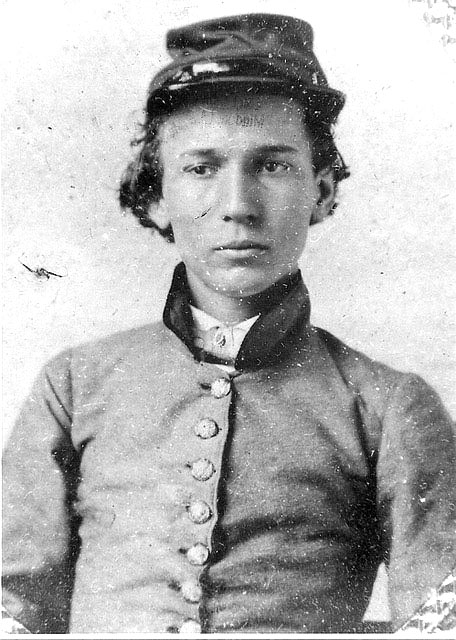256
Editor’s Note: This is a continuation of the Echoes of Our Past in Yesterday’s Minden Press-Herald.
The revelation of Lewis’ past, setting aside the charges of involvement in the bank robbery, placed his eligibility in question. However, Con
Pratt’s Journey: A duel for the ages
previous post




